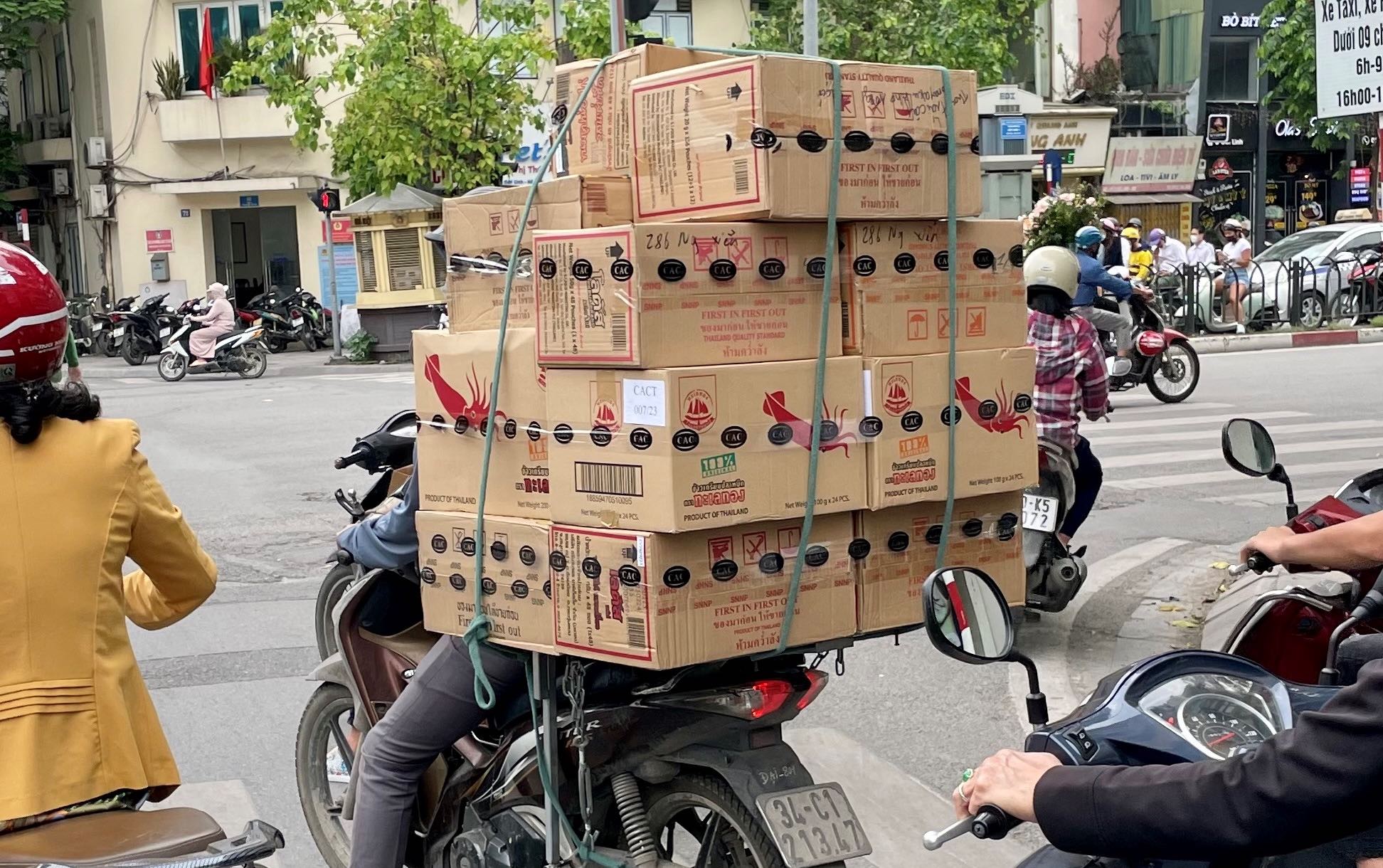Agricultural value chains (AVCs) are an essential component of food systems—aggregating, processing, and delivering food to retailers. Without them, consumers throughout the world would have little to eat. Yet a set of key value chain actors—firms in their midstreams—are understudied, even as they have been undergoing substantial transformation over recent years to serve rapidly urbanizing societies.
Many of these firms—particularly in low- and middle-income countries (LMICs)—are micro, small, or medium enterprises (MSMEs). They are thought to play a significant role in providing reliable access to food, and may also have the potential to expand non-farm employment opportunities in LMICs, particularly for women and youth.
In a literature review completed for the Understanding Financial Access in the Midstream of Agricultural Value Chains project funded by the Bill & Melinda Gates Foundation, we assessed this knowledge gap, finding that while a growing number of studies focus on agricultural value chains, the financial needs and strategies of MSMEs in the AVC midstream have indeed received little direct attention.
The broader literature on small and medium enterprises (SMEs) in LMICs suggests that these midstream actors likely face strict financial constraints, probably compounded by the natural spatial dispersion of agricultural activity, business seasonality, inherent risks unique to agriculture, and a client base that may be less financially savvy than those outside agriculture.
Access to finance is thus a key need for such firms; the review shows that here, too, there is only limited research and information. We first attempted to learn what we could from household and enterprise surveys; however, identifying midstream firms in either type of dataset is challenging, and we could find only a limited number, with success varying by activity and by country. Second, we developed a database of existing value chain surveys designed to interview midstream actors directly. We found that few of these asked about financial activity, and that they typically use convenience samples, indicating the statistics generated from these surveys cannot be generalized.
To begin to address these gaps in the literature, we have designed and begun implementing surveys in four value chains, two each in Bangladesh and Uganda. In Bangladesh, we are studying the rice and potato value chains; in Uganda, the arabica coffee and soy value chains. These were chosen to represent important or growing products with different value chain structures. With these surveys, we will develop value chain-level representative statistics among different midstream actors (e.g., aggregators, traders, processors, wholesalers) on:
- The proportion with access to formal, informal, or adequate financial services.
- The proportion using digital products (e.g., mobile money, digital payment systems, etc.) to facilitate financial transactions.
- Unmet needs exist that may be addressed by digital financial services.
We plan to disaggregate these statistics by gender and value chain, to learn about whether existing constraints affect women differently, and how much the organizational structure of the value chain matters. To generate more representative statistics on midstream actors, we are adapting a version of respondent driven sampling designed for the calculation of population-based parameters among harder to reach populations.
Beyond understanding access to financial services, we are interested in knowing whether midstream businesses are using digital products, as well as the readiness for adoption and suitability of newly available digital financial services. This area demands attention for several reasons. Digital products offering agricultural business services have proliferated over the past ten years, with varying degrees of success. Still, digital products aimed at reducing finance gaps could have considerable potential. Such services serving rural clients do not face the same constraints as traditional financial service providers (low density, high transaction costs to reach customers, large fixed-cost investments such as brick-and-mortar service centers).
This project represents a first step in building a more robust research agenda on midstream actors in agricultural value chains. Beyond learning more about the financial needs of midstream actors, our literature review suggests more research is needed on the role that risk plays in shaping outcomes among midstream MSMEs, while more research on vertical linkages within AVCs could lead to an improved understanding of how they affect outcomes among diverse types of midstream actors.
Generating more information and insights into midstream firms can help development practitioners and policy makers better understand how to generate midstream employment. Given rising population projections in many LMICs, employment generation among youth will be a key policy goal for the foreseeable future.
Kate Ambler and Jeffrey Bloem are Research Fellows with IFPRI’s Markets, Trade, and Institutions (MTI) Unit; Alan de Brauw is an MTI Senior Research Fellow; Sylvan Herskowitz, a former IFPRI Research Fellow, is an Economist in the World Bank’s Development Impact Evaluation Department (DIME). This post is based on research that is not yet peer reviewed.
Referenced Discussion Paper:
Ambler, Kate; de Brauw, Alan; Herskowitz, Sylvan; and Pulido, Cristhian. 2022. Finance needs of the agricultural midstream and the prospects for digital financial services. IFPRI Discussion Paper 2122. Washington, DC: International Food Policy Research Institute (IFPRI). https://doi.org/10.2499/p15738coll2.135906
This work is supported by the Bill & Melinda Gates Foundation.







